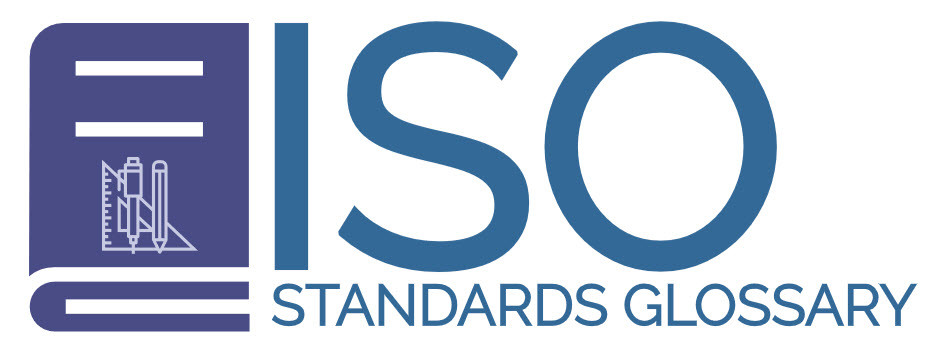Contents
The organization we today know as ISO has its roots in ISA (The International Federation of the National Standardizing Associations), a federation established in 1928.
ISA was disbanded in 1942 because of World War II. After the end of the war, and was re-organized in 1946 and the current name, ISO, was adopted.
Historical context
ISA is founded in Prague in 1928
ISA was established in Prague in 1928, during a time when coordinated international approach to standards was still in its infancy. ISA was a non-governmental entity, gathering several national standardization bodies on one platform. It aimed to standardize industrial specifications to facilitate international trade and industrial cooperation, a revolutionary concept in a largely diversified global market.
A bilingual plaque marks the building in Prague where ISA was founded in 1928.
Coordinates: 50.0882441298999, 14.42829551630991
Today, the building houses the Kings Court Prague Delux Hotel, so if you are a history buff, it is possible to not only walk in the footsteps of ISA but actually spend the nigth there. There is also a restaurant, brasserie and café in the building. The address is Hotel Kings Court U Obecniho domu 3, 110 00 Praha 1, Czech Republic.
World War II
Due to World War II, ISA was disbanded in 1942.
After the end of World War II
After the end of the war, the United Nations was established in October 1945, and one of their early actions was to created the UN Standards Coordinating Committee (UNSCC). This committee reached out to the dormant ISA, and in October 1946, representatives of UNSCC and ISA gathered in London and reached an agreement. The official foundation date for the orgaization ISO is February 23, 1947. The newly formed ISO was one of the first organization that achieved general consultative status with the United Nations Economic and Social Council.
The role of ISA
From its foundation in 1928 to its collapse during World War II, ISA’s goal was to develop international standards for all industries, but back then, mechanical engineering was an especially important field for ISA.
Each member country had a national standardizing association that represented its interests within the ISA. These associations were responsible for proposing standards to be considered at the international level.
ISA was notable for its inclusivity. It provided a platform for countries with differing economic and political power to voice their concerns and contribute to the development of global standards. This collective approach ensured that standards established by the ISA took into consideration the diverse perspectives and needs of different countries across the globe.
Significant contributions
ISA played a significant role in facilitating global trade. By establishing uniform standards, they helped eliminate technical barriers that could otherwise hinder international trade. This was particularly beneficial for developing nations, as it provided them with a more level playing field to participate in global trade.
Another significant contribution was ISA´s ability to encourage and foster cooperation among nations at a time when international relations were often strained. By enabling countries to collaborate on technical standards, ISA provided a neutral platform where people from different nations and spheres could work towards common goals, fostering a sense of unity, understanding, and collective progress.
Legacy of ISA
ISA’s existence was relatively short-lived, as it was dissolved in 1942 due to the upheaval caused by World War II. However, ISA’s legacy continued through its successor, the International Organization for Standardization (ISO). Today, ISO carries on the mission of ISA, developing and promoting international standards that support innovation, provide solutions to global challenges, and facilitate international trade.
Final thoughts
The International Federation of National Standardizing Associations (ISA) may not have a long history, but its significance in promoting international cooperation and standardization should not be underestimated. Its principle of inclusivity, collaborative approach, and commitment to standardization has left an indelible mark on the global stage, shaping the way we approach international standards today. Understanding ISA helps us appreciate the underpinnings of the modern global standardization framework, providing insights into the intricate processes that facilitate international trade and cooperation.
